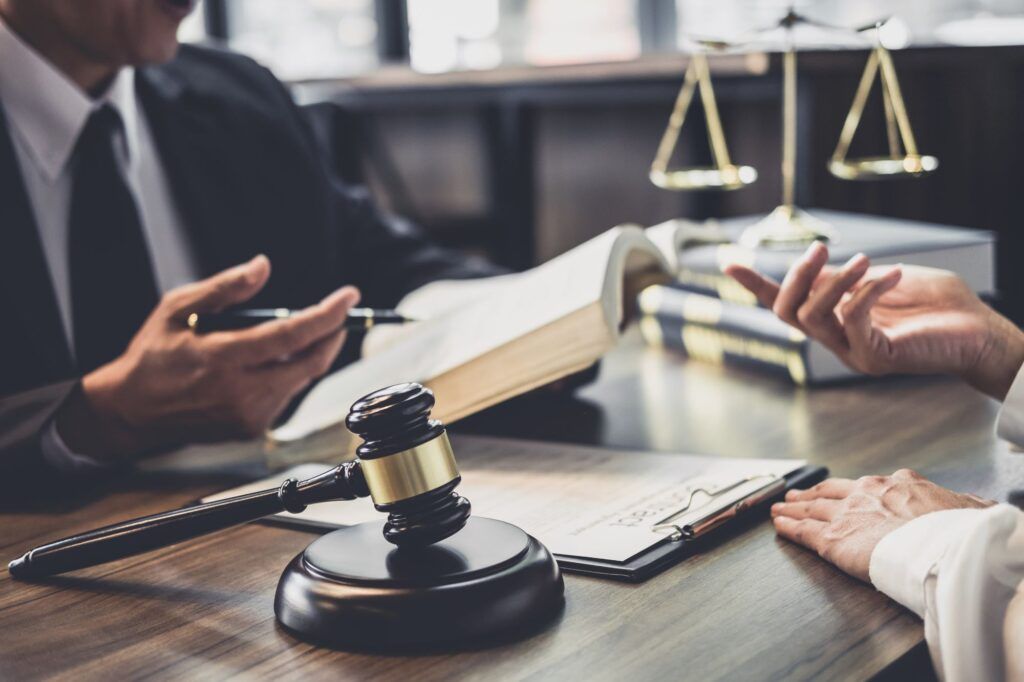
Expert Witness Testimony: Strategies for Compelling Advocacy

Crafting Compelling Expert Witness Testimony: Strategies for Success
Expert witness testimony is a cornerstone of persuasive advocacy in legal proceedings. In this article, we delve into key strategies for enhancing expert witness testimony, offering valuable tips for legal professionals aiming to strengthen their case presentation in court.
Selecting the Right Expert Witness: The Foundation of Success
The success of expert witness testimony begins with selecting the right expert. Attorneys should carefully evaluate potential witnesses, considering their qualifications, experience, and ability to communicate complex concepts clearly. A well-chosen expert forms the foundation for compelling and credible testimony.
Thorough Case Preparation: Aligning Expertise with Legal Issues
Before stepping into the courtroom, thorough case preparation is essential. Attorneys must work closely with their expert witness to align their expertise with the specific legal issues at hand. This preparation ensures that the expert’s testimony directly addresses the relevant aspects of the case.
Effective Communication Training: Enhancing Clarity and Impact
Expert witnesses may possess extensive knowledge in their field, but effective communication is equally crucial. Provide training to enhance the witness’s ability to communicate complex ideas in a clear and impactful manner. This includes refining language, maintaining composure, and addressing potential challenges in cross-examination.
Developing a Persuasive Narrative: Telling a Compelling Story
Crafting a persuasive narrative is key to engaging the judge and jury. Attorneys should work collaboratively with expert witnesses to develop a narrative that tells a compelling story aligned with the case’s legal theories. A well-constructed narrative enhances the overall impact of the expert’s testimony.
Mock Cross-Examinations: Strengthening Resilience and Preparedness
Prepare expert witnesses for the challenges of cross-examination through mock cross-examinations. Simulating the courtroom environment allows witnesses to practice responding to tough questions, enhances their resilience, and ensures they remain composed and authoritative during the actual trial.
Visual Aids and Demonstratives: Enhancing Understanding
Incorporate visual aids and demonstratives to enhance the understanding of complex concepts presented by expert witnesses. Charts, graphs, diagrams, and other visual tools can simplify technical information for the judge and jury, making the expert’s testimony more accessible and impactful.
Maintaining Neutrality and Objectivity: Building Credibility
Expert witnesses must maintain an air of neutrality and objectivity throughout their testimony. Attorneys should emphasize the importance of impartiality to the expert, ensuring that their testimony is perceived as credible and unbiased. This commitment to objectivity strengthens the overall persuasiveness of the testimony.
Addressing Challenges Head-On: Anticipating and Responding
Anticipate potential challenges to the expert’s testimony and address them proactively. Whether it’s the methodology used, the expert’s qualifications, or the relevance of their opinions, a well-prepared expert can effectively respond to challenges and maintain the integrity of their testimony.
Effective Collaboration Between Attorney and Expert Witness
A seamless collaboration between attorneys and expert witnesses is crucial for success. Attorneys should foster open communication, provide necessary support, and address any concerns the expert may have. A strong partnership ensures that the expert’s testimony aligns seamlessly with the legal strategy.
Continuous Feedback and Improvement: An Ongoing Process
Expert witness testimony is an evolving process that benefits from continuous feedback and improvement. Attorneys should provide constructive feedback, identify areas for enhancement, and work collaboratively with the expert to refine their testimony. This iterative approach contributes to ongoing improvement and increased effectiveness.
Expert Witness Testimony Enhancement Strategies Tips
For a more comprehensive guide on enhancing expert witness testimony, visit Expert Witness Testimony Enhancement Strategies Tips. This resource offers in-depth insights and practical tips for legal professionals seeking to maximize the impact of expert witness testimony in the courtroom.






